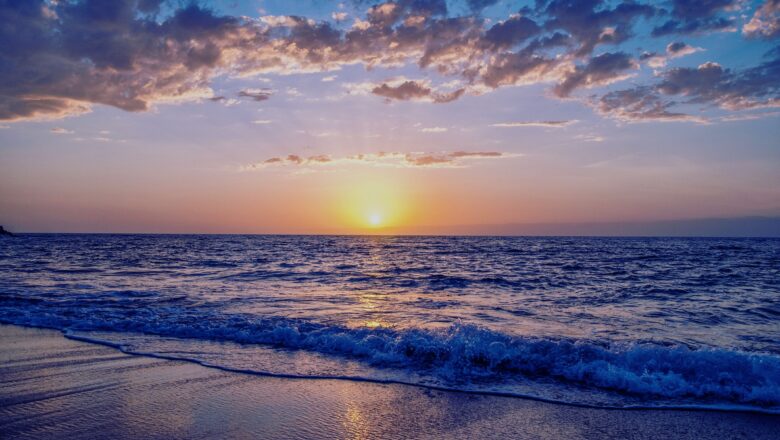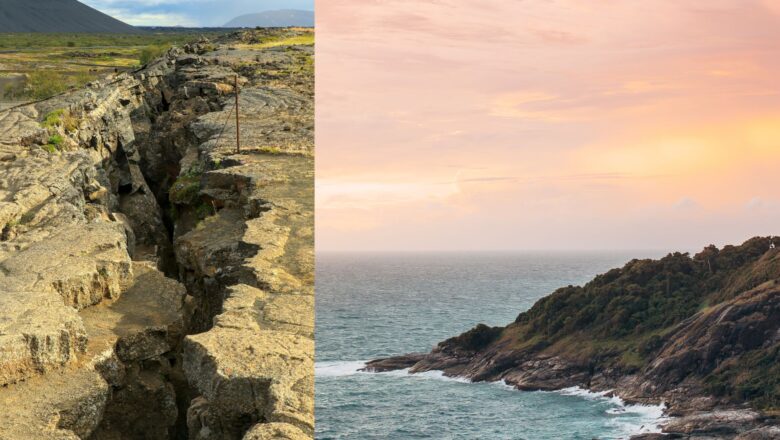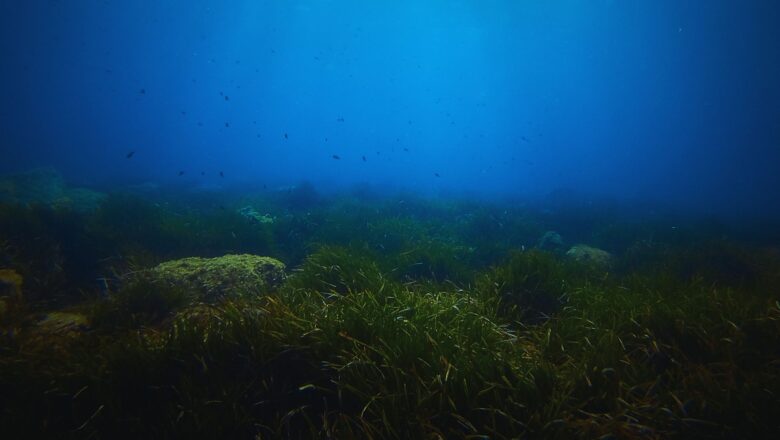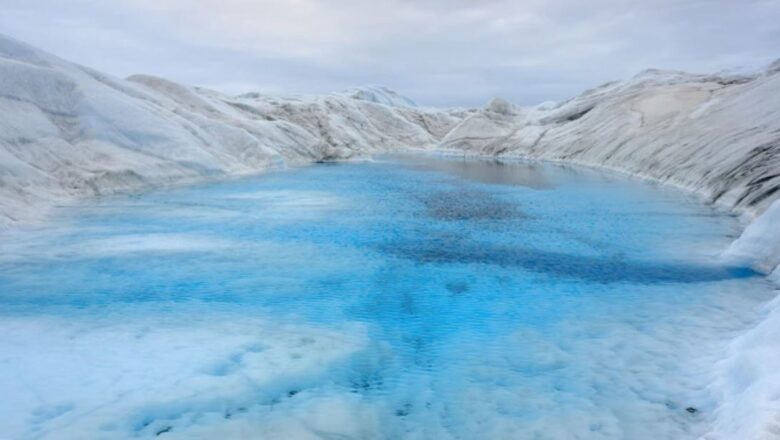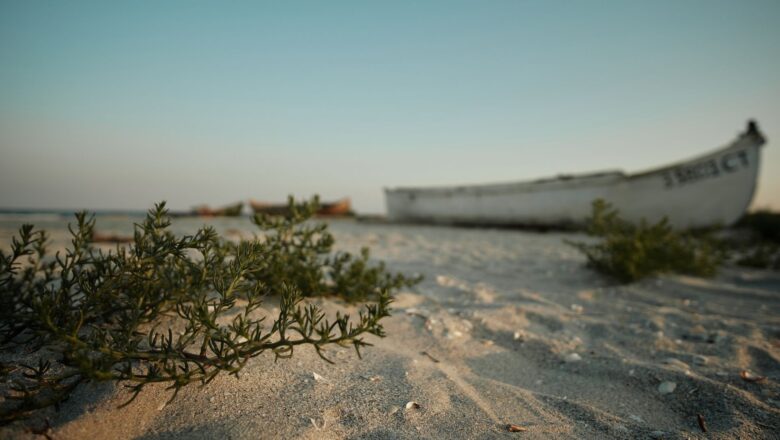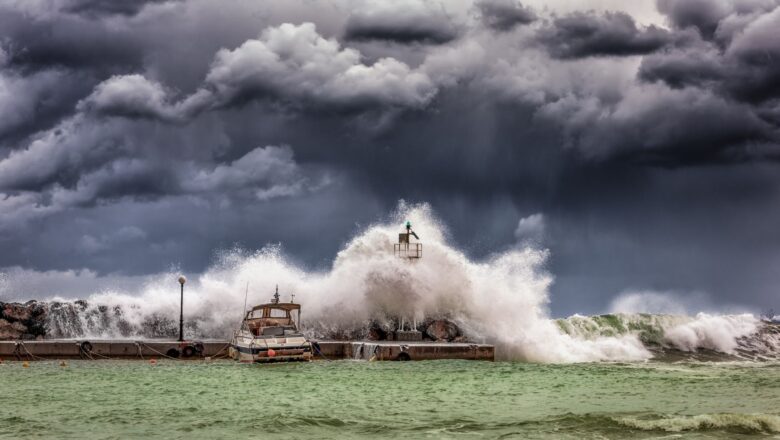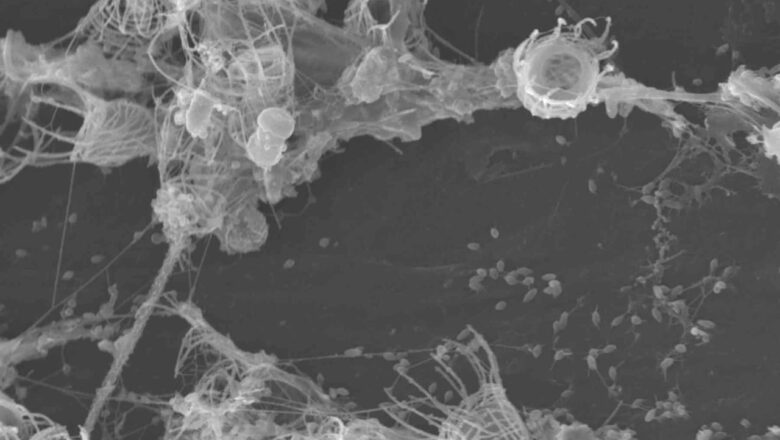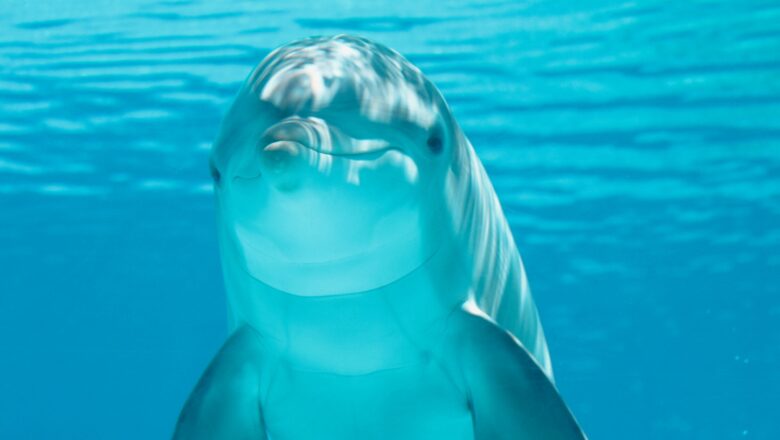
Saltwater Creep: Bengal Delta’s Salinity Crisis Warns Coastal World of Climate Future
As sea levels rise and extreme weather intensifies, a silent but destructive force is infiltrating coastlines across the globe: salt. A new international study reveals how creeping salinisation caused by the inland movement of seawater is posing an escalating threat to freshwater supplies, agriculture, and communities in low-lying coastal areas, starting with the Bengal Delta in Bangladesh.
The study, published in Ecological Indicators, offers one of the most detailed long-term analyses of salinity trends in any delta system worldwide. Led by scientists from the University of Portsmouth, in collaboration with Dhaka University and Curtin University, the research tracked salinity levels in coastal rivers and estuaries using nearly two decades of data from over 50 monitoring stations acros...

